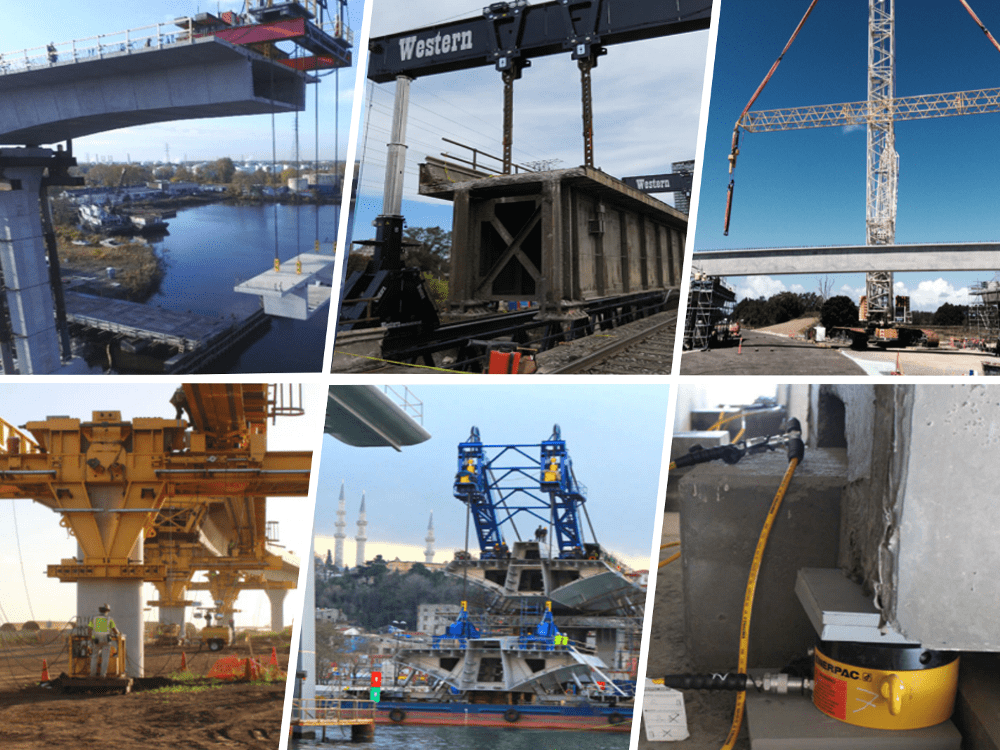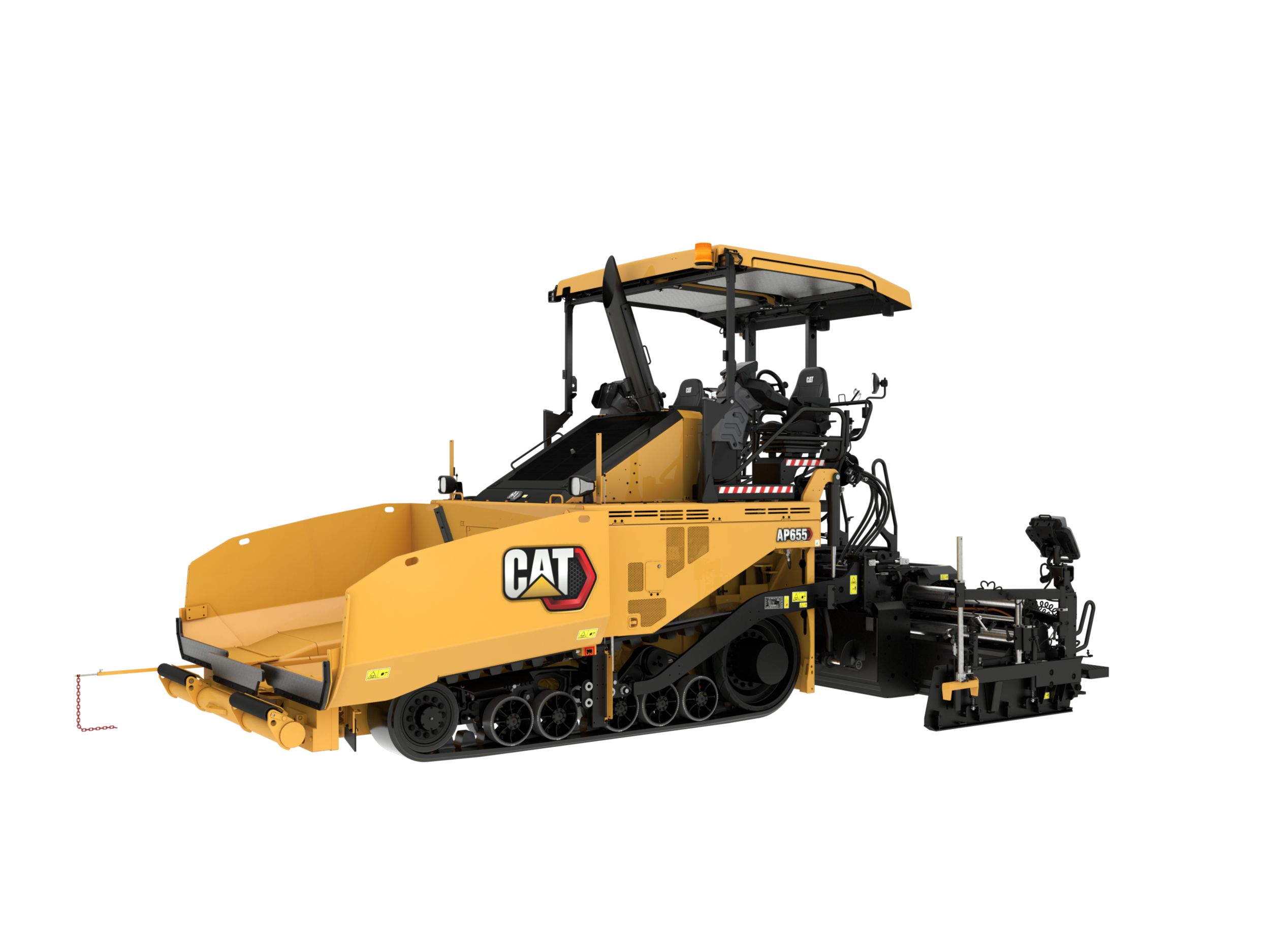Dozer Rental in Tuscaloosa AL: Trusted and Budget Friendly Heavy Machinery
Dozer Rental in Tuscaloosa AL: Trusted and Budget Friendly Heavy Machinery
Blog Article
Exploring the Financial Benefits of Leasing Building Tools Contrasted to Owning It Long-Term
The decision in between renting out and owning building and construction equipment is critical for economic management in the market. Leasing offers prompt cost savings and operational versatility, permitting business to assign sources more effectively. On the other hand, ownership features significant lasting monetary dedications, consisting of upkeep and devaluation. As service providers evaluate these options, the effect on capital, project timelines, and modern technology access ends up being significantly considerable. Understanding these nuances is essential, especially when thinking about exactly how they align with details task needs and monetary techniques. What elements should be prioritized to make certain optimal decision-making in this facility landscape?

Expense Comparison: Renting Out Vs. Owning
When reviewing the monetary implications of having versus renting building equipment, a detailed cost comparison is necessary for making informed decisions. The choice between having and leasing can substantially influence a company's lower line, and understanding the connected costs is vital.
Renting out construction devices usually entails reduced in advance prices, allowing companies to assign resources to other operational requirements. Rental agreements usually include versatile terms, enabling business to access advanced machinery without long-lasting dedications. This flexibility can be particularly useful for short-term jobs or varying work. However, rental costs can collect over time, possibly exceeding the cost of ownership if tools is required for a prolonged duration.
On the other hand, owning building and construction devices requires a considerable initial investment, together with ongoing costs such as insurance coverage, financing, and depreciation. While ownership can bring about long-term cost savings, it likewise binds capital and might not offer the same level of versatility as leasing. Additionally, owning equipment requires a dedication to its application, which may not always line up with project needs.
Inevitably, the choice to possess or rent out ought to be based on a thorough analysis of particular job demands, monetary capability, and lasting tactical objectives.

Maintenance Costs and Duties
The option between renting out and having construction equipment not just involves economic considerations but likewise encompasses continuous maintenance expenses and duties. Possessing devices requires a significant dedication to its upkeep, that includes regular assessments, repair services, and potential upgrades. These responsibilities can promptly build up, resulting in unforeseen expenses that can strain a budget.
In contrast, when renting equipment, upkeep is typically the obligation of the rental firm. This setup permits professionals to avoid the financial burden connected with deterioration, as well as the logistical challenges of scheduling repair services. Rental agreements usually consist of provisions for upkeep, indicating that specialists can concentrate on finishing tasks instead of bothering with devices problem.
In addition, the varied variety of tools readily available for lease allows firms to choose the most recent designs with sophisticated modern technology, which can boost effectiveness and performance - scissor lift rental in Tuscaloosa Al. By going with services, companies can stay clear of the long-term liability of devices depreciation and the associated maintenance frustrations. Ultimately, examining upkeep expenditures and obligations is important for making a notified decision concerning whether to have or rent out building tools, considerably influencing total job expenses and operational effectiveness

Devaluation Effect On Possession

A considerable factor to think about in the choice to have building and Read Full Article construction equipment is the influence of devaluation on general possession prices. Depreciation stands for the decrease in worth of the tools over time, influenced by variables such as use, damage, and advancements in modern technology. As tools ages, its market price decreases, which can dramatically influence the owner's financial position when it comes time to trade the tools or market.
For construction business, this depreciation can translate to considerable losses if the devices is not utilized to its maximum capacity or if it lapses. Owners must account for devaluation in their monetary forecasts, which can result in higher total costs compared to renting. In addition, the tax obligation ramifications of devaluation can be complex; while it may supply some tax obligation benefits, these are frequently balanced out by the fact of lowered resale value.
Eventually, the burden of depreciation emphasizes the relevance of understanding the long-lasting financial commitment included in possessing construction equipment. Business must carefully examine exactly how often they will utilize the devices and the potential economic effect of devaluation to make an educated decision about possession versus renting out.
Monetary Versatility of Leasing
Renting out building and construction equipment uses significant economic adaptability, allowing companies to allocate resources much more efficiently. This versatility is especially vital in a market defined by changing job demands and varying work. By opting to rent, companies can prevent the considerable resources expense needed for buying devices, protecting capital for various other operational requirements.
In addition, renting out equipment allows companies to customize their devices options to specific project needs without the long-term commitment related to ownership. This indicates that businesses can easily scale their devices inventory up or down based on current and awaited project requirements. Consequently, this versatility reduces the danger of over-investment in equipment that might end up being underutilized or outdated over time.
An additional economic benefit of renting is the possibility for tax advantages. Rental settlements are typically taken into consideration business expenses, permitting for prompt tax obligation deductions, unlike depreciation on owned and operated devices, which is topped several years. scissor lift rental in Tuscaloosa Al. This instant expenditure recognition can additionally improve a firm's cash money position
Long-Term Job Factors To Consider
When examining the lasting needs of a construction company, the choice in between renting and having devices ends up being much more complicated. For jobs with prolonged timelines, purchasing tools might find here appear helpful due to the capacity for reduced general costs.
The construction sector is advancing quickly, with brand-new equipment offering boosted efficiency and safety functions. This adaptability is particularly you can try this out valuable for companies that deal with varied jobs calling for various kinds of equipment.
Additionally, economic stability plays an important duty. Owning devices usually entails considerable capital expense and devaluation concerns, while leasing permits more predictable budgeting and capital. Eventually, the choice between renting and owning needs to be aligned with the critical goals of the building business, taking right into account both expected and current task demands.
Final Thought
In final thought, renting out building and construction tools supplies significant monetary advantages over long-lasting ownership. Ultimately, the choice to rent instead than own aligns with the vibrant nature of building and construction projects, enabling for versatility and accessibility to the most current equipment without the financial burdens associated with possession.
As devices ages, its market value diminishes, which can significantly influence the proprietor's economic placement when it comes time to offer or trade the tools.
Renting building and construction devices provides considerable financial adaptability, enabling business to allot resources more successfully.Furthermore, renting devices makes it possible for firms to tailor their tools selections to particular job needs without the lasting commitment connected with possession.In final thought, leasing construction tools supplies considerable financial advantages over long-lasting possession. Eventually, the choice to rent instead than own aligns with the dynamic nature of building tasks, permitting for flexibility and access to the most current devices without the economic concerns associated with ownership.
Report this page